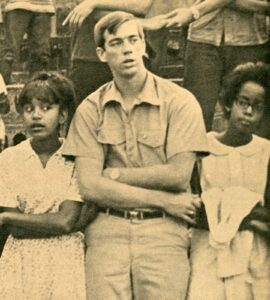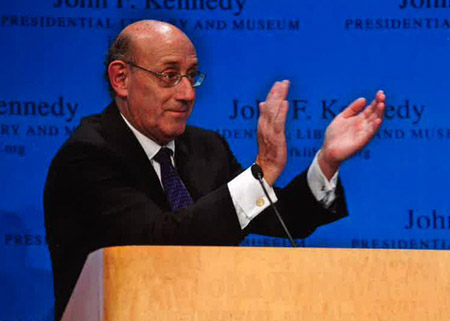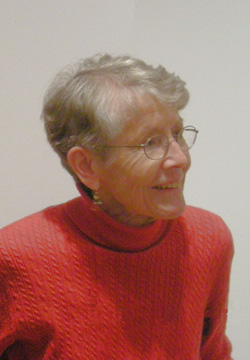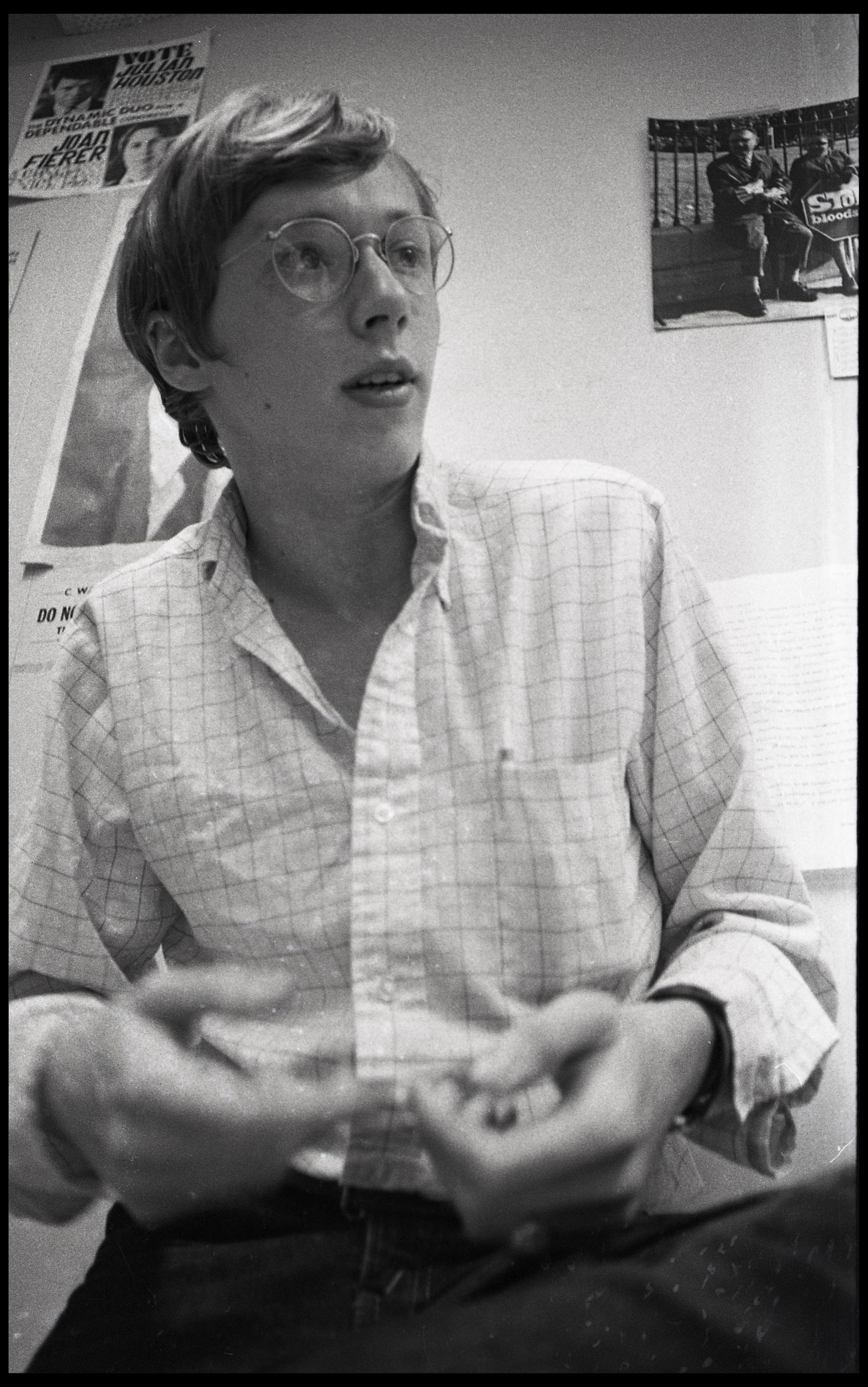 Tom Gardner, 1966
Tom Gardner, 1966
Born in New Orleans in 1946, Tom Gardner began his involvement in social and political causes as a student at the University of Virginia (UVA) in 1964. He joined the burgeoning civil rights and anti-Vietnam War movements and eventually dropped out of school to become a full time activist. During this time, he was the chairman of the Southern Student Organizing Committee (SSOC), an organization based in the south which opposed the Vietnam War, fought for civil rights for black Americans, and supported the rights of women and workers. He returned to UVA in 1969 and completed his bachelor’s degree in sociology in 1971.
Following UVA, Gardner worked as a staff member at the United Electrical, Radio, and Machine Workers of America (UE) as an organizer. Concurrently, he joined the Southern Conference Education Fund (SCEF) and became a board member. SCEF was active in numerous causes in the south, dedicated in particular to civil rights and electoral reform.
Beginning in the 1970s, Gardner began work on prison issues, working with a number of politically and unfairly convicted prisoners, and advocating for an end to the death penalty. Gardner, and the groups he worked with, challenged the institutional racism of a southern justice system that had existed since the days of Jim Crow. The most prominent of these cases was that of Johnny ‘Imani’ Harris, who was originally sentenced to five life terms for 4 small robberies and an alleged rape in 1970 and eventually given the death penalty under Alabama’s capital offenses law due to an inadequate defense by his court appointed lawyers.
Concurrent to his work as an activist, Gardner has worked as a journalist and photographer, writing articles for a number of commercial publications as well as some independent work. While working for the Montgomery Advertiser, Harvard Divinity Bulletin, and others, he covered local, college, and political news. Gardner has also used journalism to bolster his activism, writing for left-wing publications such as Workers World and The Great Speckled Bird. He used his talents in photography by taking photos of protests and events he attended for use in articles by him and others.
Gardner returned to school several times after originally graduating from UVA in 1971. He received a masters degree in Journalism from the University of Georgia in 1982, a masters in Public Administration from the John F. Kennedy School of Government at Harvard in 1985, and later a Ph.D. in Communication from UMASS Amherst in 2005. Throughout his PhD program and since its completion, Gardner has been a professor of Communication at Westfield State University, using his experience from a life full of activism to continue educating a new generation of students and activists.
This Gardner collection illustrates much of Gardner’s activism and journalism work throughout his life. It contains correspondence, articles, press releases, meeting minutes, photographs, pamphlets, newsletters, publications, notes, and newspapers. The collection documents the full scope of Gardner’s life; from his time as a student activist at the University of Virginia to his more recent achievements as a professor at Westfield State University.
The collection also contains a large amount of material written by Gardner himself, as well as publications, newspapers, and articles that either relate to causes he was directly involved in or the political issues of the day.
Gift of Tom Gardner, 2024






